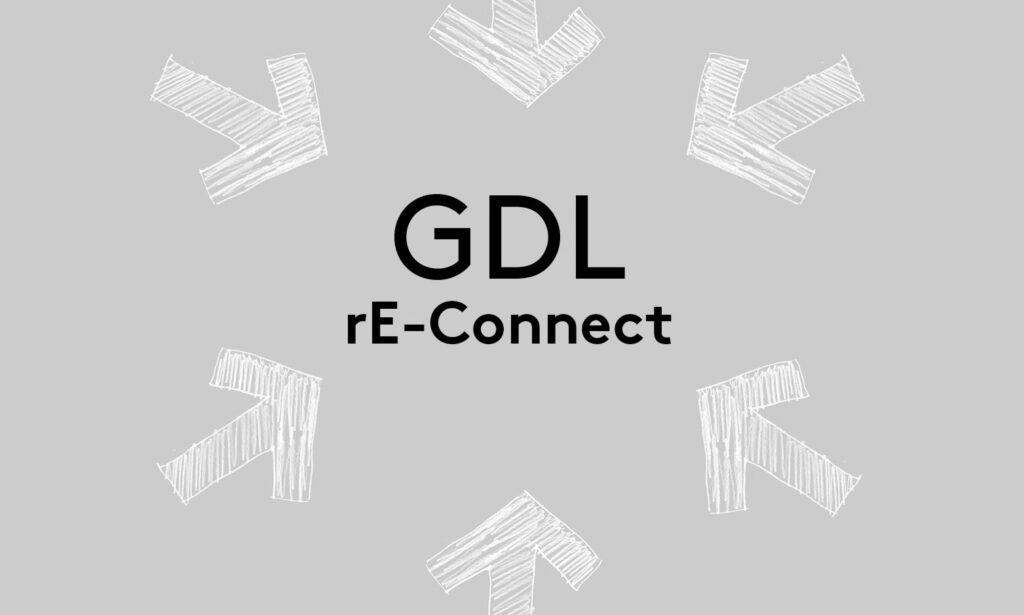Activities
Members Exchange

Format
Topic
Community resilience & local peace approaches
by Banu Pekol
What is the role of community resilience in efforts to promote global peacebuilding? How can local communities work towards a global dialogue? How can the medium of film be used in these contexts? What is the potential of a Visual Archive?
An event of the Bosch Alumni Network (BAN) and Global Diplomacy Lab (GDL) addressing these and further questions took place on 15 May as part of the GDL prE-Summit. It was moderated by Dr Banu Pekol, elected member of the Advisory Council as well as member of the BAN Peace Cluster. It offered the opportunity for team members of the peace project Breaking Boundaries through Storytelling (BBS) to screen a teaser of their joint documentary that shows how communities confront violence and war, as well as political and social conflicts in different parts of the world. The project aims to launch the creation of a Resilience Visual Archive and explore how an orientation towards resilience can present an operational strategy for building peace via transformative processes as opposed to being solely a response to fragility. By showcasing the different perspectives on community resilience of six Cluster members from Indonesia, South Korea, Russia, Syria, Argentina and Colombia, the archive will promote international dialogue in relation to the role of victims in transitional justice and explore how resistance methods in various contexts can promote dialogue among nations. Outputs of the project include a documentary film addressing the teams’ collective experience, as well a subsequent live screening and discussion of the insights gained during this process.
GDL Member Dr Stefan Cibian joined the panel discussion that was part of the session and shared his experiences, especially in the context of his work on local factors in peacebuilding. When asked about the potential role of the Visual Resilience Archive for local peacebuilding, he said the following: “A Visual Resilience Archive can play multiple roles in peacebuilding efforts. Most importantly, it would open a space for sharing experiences, speaking and being heard and for healing. Additionally, it would portray local understandings of the conflict dynamics, of strategies for coping with violence and traumas, and potential ways to move forward and break the downward spiral that any violent conflict generates.”
In the session, it became clear that international dialogue must be promoted in relation to the role of victims in transitional justice. It is also important to explore how resistance methods in various contexts can promote dialogue among nations. Here, Resilience Archives can be useful for open-minded policymakers who want to connect to local realities and include relevant insights in the policies and decisions that are made at the local, national or international levels. Furthermore, an orientation towards resilience can offer an operational strategy for building peace via transformative processes as opposed to being solely a response to fragility.
At the same time, the challenges to this kind of work also became obvious. Following the session, Hanna Suh from BBS spoke about her experiences before and during the session. She said the following: “Challenges included how to introduce our various conflict contexts to the audience as we are going to mainly focus on the resistance activities against those conflicts/challenges. Our original plan was to use a few texts at the beginning, but I guess we will have to carefully choose those words explaining the background knowledge for understanding their stories better in a neutral context.” She went on: “Insights can be listed as the session helping us to think again about the boundaries that we would like to break through with this storytelling project. And maybe we should try not to forget them and elaborate on more ideas about how to convey (visualise) this in an interesting way. We were reminded that language barriers, geographical distances, dominant narratives, forgotten narratives or voices (multiple truth aspect), prejudice, stereotypes, discrimination and hate speech, lack of interest or awareness of the general public and so on must always be kept in mind.In short, the meeting really encouraged us to move forward, and we hope that more screening events will be held in the near future when we have our final documentary film. At the end of the day, we are launching this project with the hope to initiate greater dialogue on these issues, and it would be great if we can reach out to a wider audience.” This project is certainly off to an interesting start.